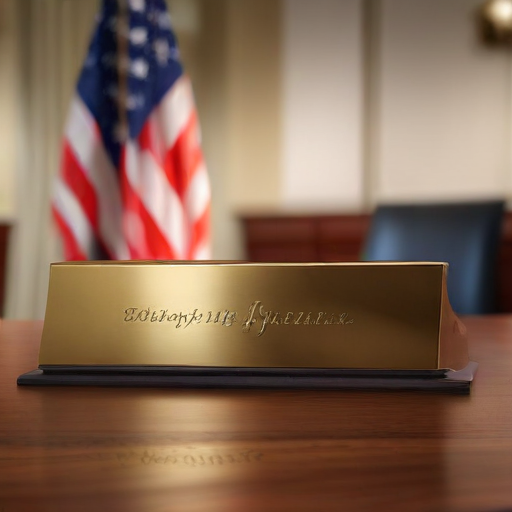President-elect Donald Trump is reportedly on the verge of nominating Florida Senator Marco Rubio as his secretary of state, according to sources involved in the selection process. However, it is important to note that this decision remains tentative until Trump makes an official announcement.
The possibility of Rubio’s nomination was first reported by The New York Times. Foreign policy represents a significant area of divergence among Trump’s supporters, with Trump campaigning on an “America First” doctrine that emphasizes reduced foreign aid and less involvement in overseas conflicts. This approach contrasts with the more traditional foreign policy viewpoints held by some members of Trump’s base.
Although Rubio is a supporter of Trump, peers describe him as a “less MAGA” possibility for the role, as he has a somewhat hawkish stance compared to Trump’s isolationist leanings. Yet, diplomats believe that Rubio could bridge the gap, maintaining relationships with critical allies while still appealing to Trump’s supporters.
Supporters of Trump express confidence that Rubio represents a trustworthy choice for the administration, given his alignment with Trump on tariffs, China policy, and his opposition to recent Ukraine funding. Some insiders regard him as a serious and well-qualified candidate, especially when compared to controversial figures like Ric Grenell, whose nomination could lead to concerns about politicization within the State Department.
Historically, the previous Trump administration saw a decline in the numbers of senior diplomats at the State Department, mainly due to voluntary departures and a shift of authority toward political appointees rather than career diplomats.
If Rubio’s confirmation goes through, it is expected that Florida Governor Ron DeSantis would select Rubio’s replacement to serve in the Senate until at least the next election cycle in 2026.
In addition to potential cabinet appointments, Trump has made several staffing announcements recently, including nominating former Rep. Lee Zeldin to lead the Environmental Protection Agency and appointing Rep. Mike Waltz as his national security adviser. He has also announced Susie Wiles as White House chief of staff and designated Tom Homan as his “border czar.”
As the Trump administration prepares to take shape, there is potential for both continuity and change in U.S. foreign policy, which could lead to a resurgence in traditional diplomatic practices while still accommodating the desires of Trump’s base. This phase of staffing decisions presents an opportunity to create a more cohesive approach to governance and international relations that could foster stronger ties both at home and abroad.
